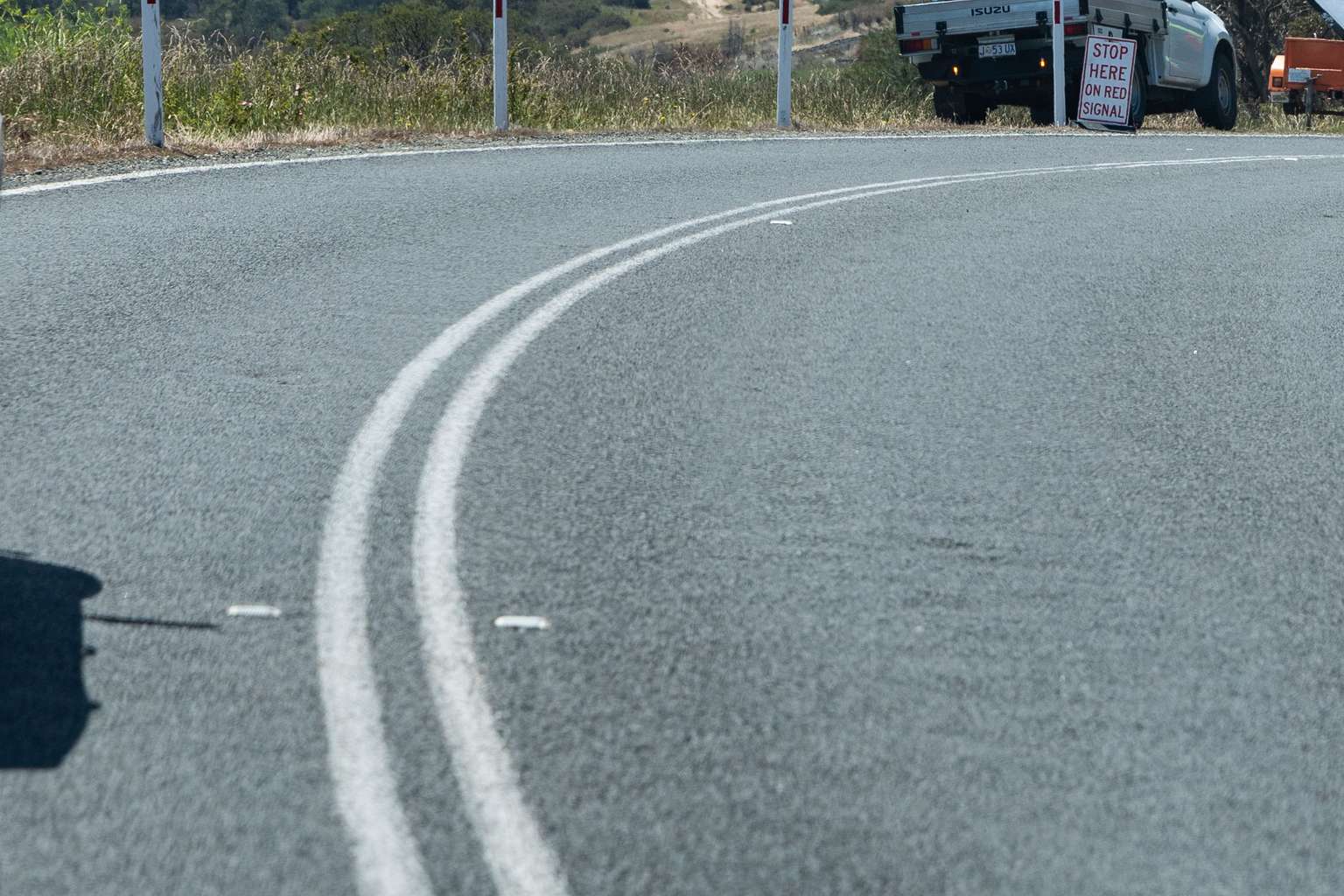A groundbreaking program that halves pain levels for osteoarthritis sufferers and helps them avoid surgery has launched in Launceston after achieving remarkable results in southern Tasmania.
The Tasmanian-first initiative, a partnership between not-for-profit St Lukes and Kieser Australia, combines guided physiotherapy and strength training for people diagnosed with hip or knee osteoarthritis.
St Lukes Chief Health Officer Luke Cameron said the program’s southern Tasmania pilot delivered significant improvements for participants.
“The first group of participants were able to achieve significant functional and strength improvements, and on average their pain levels halved,” Cameron said.

“For people living with chronic pain, that’s a remarkable result which makes a huge difference to their quality of life.”
Osteoarthritis affects approximately 2.2 million Australians – a figure expected to rise to 3.1 million by 2030.

Joint replacements increased 32% between 2008 and 2018.
The 14-week program provides one-on-one sessions with physiotherapists and exercise scientists to isolate muscles associated with the condition, restoring strength and function.
Kieser Australia Clinic Leader Jed Morgan said there was significant need for the program in northern Tasmania.
“This is a pilot we’ve developed together with St Lukes, targeted to the needs and lifestyles of Tasmanians, and we’re thrilled to collaborate on a new program for people in the north,” Morgan said.

St Lukes CEO Paul Lupo said joint replacements were their second-biggest hospital claim area last financial year, behind only heart-related procedures.
“If we can keep even a percentage of those members from needing surgery through early, non-surgical treatment, it will relieve pressure on our hospitals and joint replacement waitlists,” Lupo said.
The expansion comes as St Lukes advocates for regulatory changes that would allow health funds to play a greater role in preventative care, particularly through hospital-in-the-home programs where GPs can refer patients for home-based acute care.







